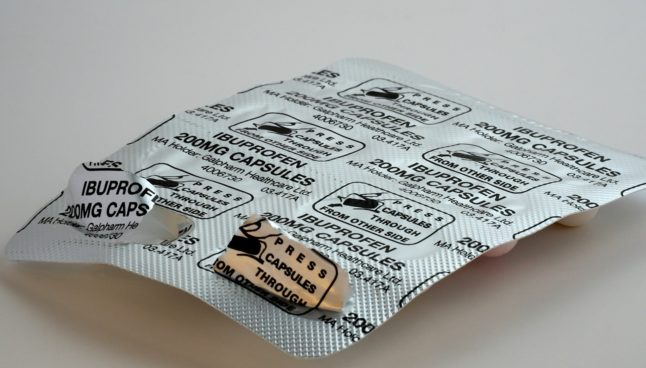The R-Rate is a crucial metric which illustrates how the virus is spreading through the community.
EXPLAINED: What are the details of Switzerland's coronavirus restrictions?
The news comes as a surprise, particularly considering case numbers have been falling in Switzerland.
In a press conference on Wednesday, Patrick Mathys from the Federal Office of Public Health said the reason was a delay in the way the R-Rate is recorded.
“The R value relates to a situation from 10 days ago. The same goes for the reported cases every day,” he said.
“That means: For the next few days we should expect a stabilisation or even a slight increase in the number of cases.”
No new measures – but no relaxations either
Health Minister Alain Berset did however say that despite the increase, the government had not planned any further measures to be implemented in the coming weeks.
“We don't want to get into a situation where we no longer have an alternative. We still have these alternatives (of tougher measures) today,” he said.
“We have gotten used to different things. Wearing masks (for instance) is no longer a problem for the population. This time we will relax the measures differently than last time.”
“We don't know how it will develop. We only know that the situation is more difficult than it was in December, when we decided on the measures.
“At that time we had no knowledge of the mutations. If the mutation case numbers continue to double every week, then we have to see what we do.”



 Please whitelist us to continue reading.
Please whitelist us to continue reading.
Member comments